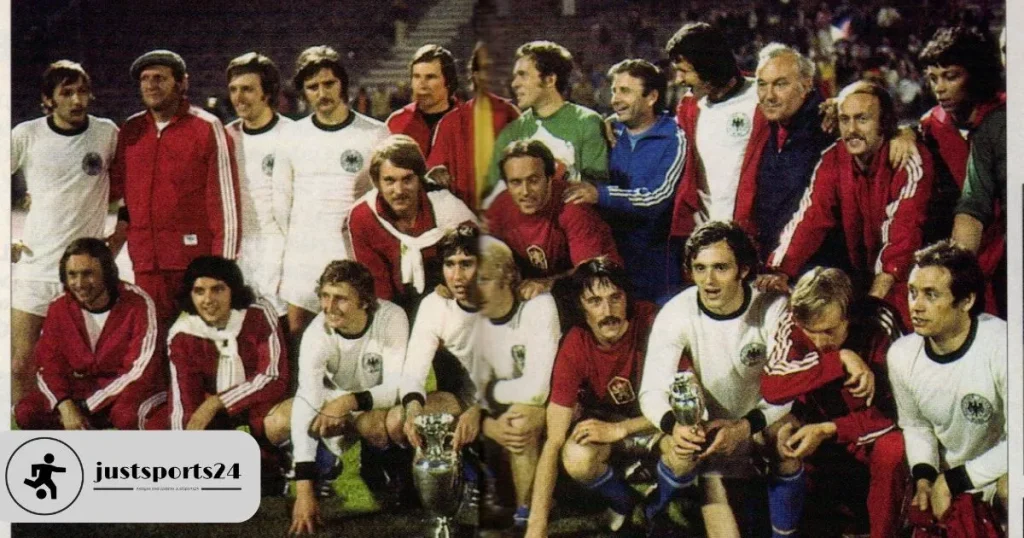
Introduction
One of the most intensive tournaments that history of the European football remembers is the European Championship 1976 which took place in Yugoslavia. Euro 76 JustSports24 returns to as we rewind the sport, worth remembering iconic moments, and encourages further development of the sport.
Historical Background and Format
The European Championship 1976 was the first Championship to be held on three occasions. Although their predecessors had been conducted in two stages, Euro 76 is remembered more for the structure of the competition and the fascinating final match that gripped football fans in Europe.
Tournament Format:The 1976 football tournament is one of the few tournaments that broke out from the previous single-group format used in several Championships. A knockout stage was introduced in the structure of the tournament whereby two teams face off one time to determine the winner. The competition involved eight nations, and each four nations was arranged in groups with the best teams moving on to the eliminations.
Qualification: European teams battled hard through several rounds where only the best progressed to the finals. Such protracted qualification presages an exciting tournament.
The Path of the Final, European Championship 1976
The journey of the Euro 76 final had its share of spectacular matches and different players who shone over the others. The championship itself was accompanied by a fierce struggle and several surprises.
The Road of West Germany: West Germany with head coach Helmut Schön was forever a fine combination of team play and individuality. Their road to the finals had notable performances with one of them being the semi-finals against the French. The match reached the penalty shootout after ending 1-1, with West Germany taking the shootout as cool heads prevailed with the pressure on them.
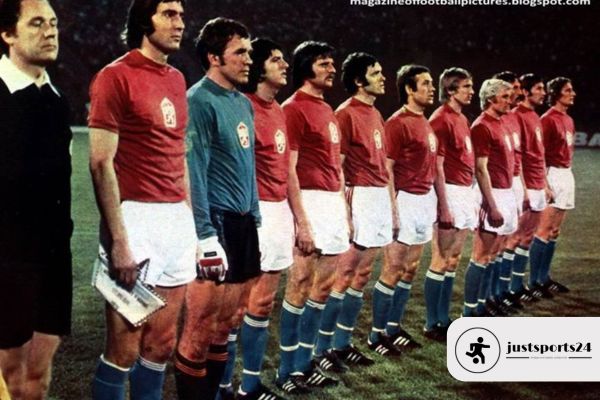
The Best of Czechoslovakia: In contrast to this, Czechoslovakia guided by Václav Ježek also made its mark in the course of the tournament. Their group round and semi-final performances were characterized by good cooperation with their strategic implementation. The fact that Czechoslovakia made it to the championship finals further underscored their commendable prowess both defensively and offensively.
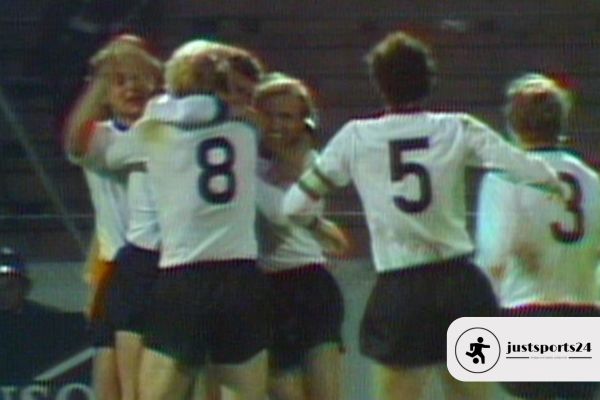
The Final Sketch: European Championship 1976
Euro 76 went down to the finals on June 20, 1976, and was played at the Stadion Gradski. The match featured West Germany against Czechoslovakia in a clash that would be rated as one of the most thrilling finals of the Giants.
Match Overview: The last second of the match was the most exciting period as the two teams played with so much will and skills. The Germans known as tacticians and strategists in playing were up against Czechoslovakia who had a strong defense and quick attacks. The scores were 2-2 after extra time which was unprecedented in the European championship and went on to penalties where the Dutchmen led by Ruud Gullit went down to heaven for the first time. The match was marked by great excitement. West Germany took the first lead thanks to the efforts of Georg Schwarzenbeck, but Antonín Panenka and other featured goals for Czechoslovakia gave it a fighting spirit.
Key Players and Performances, European Championship 1976 bore the scores and performances of several key players who were pivotal for the success of their teams.
Antonín Panenka: Panenka was the Czech Republic’s midfielder who is known for his penalty taken during the finals. His relaxing and creative method of tackling a penalty shootout proved to be revolutionary and remains an invaluable asset in the game. This was the height of the Czech team’s game as Panenka performed to the best level of skill.
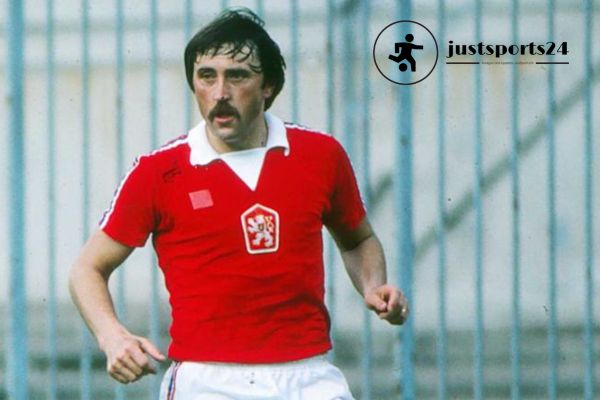
Sepp Maier: Sepp Maier of West Germany was quite effective for his team and in particular in reaching the final match. His excellent short stops and match-saving interventions during the semi-finals, most notably during the penalties against France, proved instrumental in the campaign for West Germany.
Jürgen Grabowski: The German midfielder Jürgen Grabowski was yet another excellent player at the tournament. With his energetic motions and uses at vital times, assists, and important passes, he was integral to West Germany’s performance at the European Championship 1976.

The Impact and Legacy of The European Championship 1976 brought about a lot of changes in the game and shaped the subsequent events as well as the way football was played.
Evolution of the Tournament: The Evolution of European Championship 1976: the master cup is removed, instead the semifinals take place, and it saw the emergence of the knockout stages in the champion’s league for the very first time. These advancements made things a bit more interesting and heart-racing, thereby altering the patterns of future events.
Cultural Impact: Panenka’s penalty kick is an instance that has carved a name in the football timeline, boasting creativity and artistry. The name Panenka is almost always connected with this particular method of taking the penalty shot, the contribution.
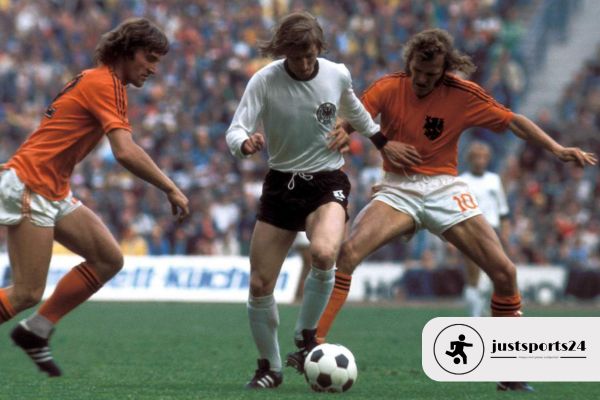
Tactical Lessons:The experience of the European Championship 1976 tournament offered a great lesson on how one can be versatile and tactical in knockout-type competitions. Both teams of West Germany and Czechoslovakia showed tactical versatility and strategic insights, which have been applied in football strategy over the years.
Conclusion
The year 1976 will be forever inscribed in the European Championship 1976 Euros given the appreciation revolution that this tournament has had in European football history. The clashes, the individual gains, and Euro 76 included a terrible but iconic, for sports fans, Panenka suspension – have survived in the career history.

